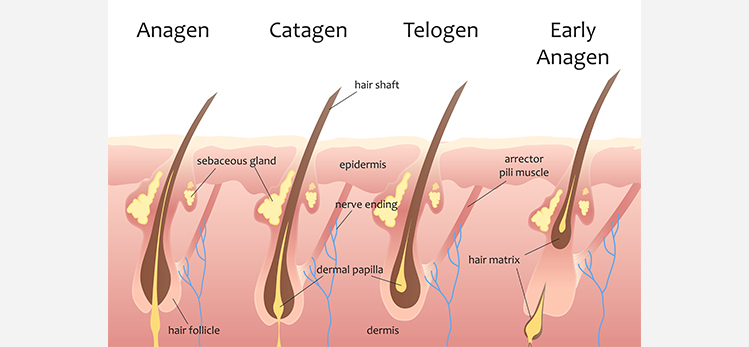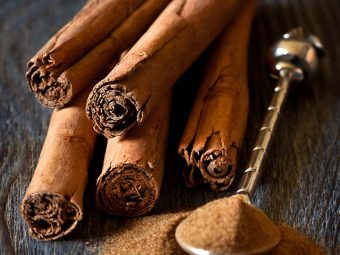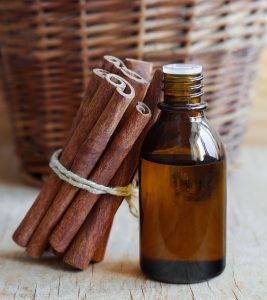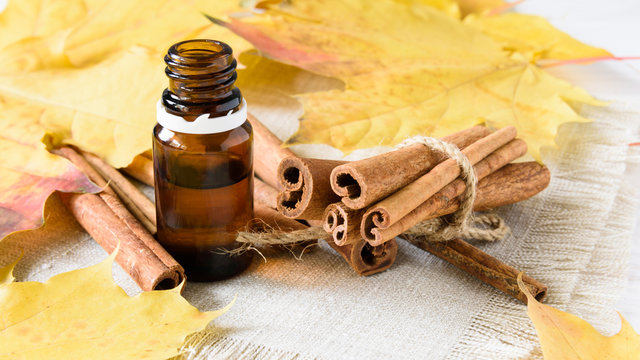Cinnamon, a popular spice derived from the bark of Cinnamomum trees, has been cherished for centuries for its aromatic flavor and various health benefits. Beyond its culinary uses, recent attention has been drawn to the potential role of cinnamon in promoting hair growth.

This comprehensive guide delves into the scientific evidence, historical uses, and practical applications of cinnamon for enhancing hair health.
The Science Behind Hair Growth
Understanding the hair growth cycle is crucial to explore the effectiveness of cinnamon. Hair growth involves a complex process of follicle development, growth phases, and shedding. Key factors such as genetics, hormonal balance, and nutrient availability play pivotal roles in this intricate mechanism.
Hair growth is a complex biological process regulated by genetic, hormonal, and environmental factors. The hair bulb is at the root of each hair follicle, where cells actively divide and differentiate to form the hair shaft. The growth cycle consists of three phases: anagen (active growth), catagen (transitional), and telogen (resting). Genetics largely determine the duration of each phase, influencing hair length and thickness.

Hormones play a crucial role in hair growth. Androgens, such as testosterone and dihydrotestosterone (DHT), affect the size and activity of hair follicles. In conditions like androgenetic alopecia, a hereditary pattern of hair loss, the sensitivity of follicles to these hormones leads to the gradual miniaturization of hair.
Blood circulation also plays a key role. Nutrient-rich blood supply to the hair follicles nourishes the cells, promoting healthy growth. Poor blood circulation may contribute to hair loss.
Environmental factors like diet, stress, and pollution exposure can impact hair health. Nutrients such as vitamins, minerals, and proteins are essential for hair growth, emphasizing the importance of a balanced diet.
Understanding the intricate interplay of genetics, hormones, and environmental factors provides valuable insights into maintaining and promoting healthy hair growth.
Nutritional Composition of Cinnamon
Cinnamon is a source of essential minerals such as manganese, which is crucial for enzyme activation and collagen formation, both important factors for hair strength and elasticity. Additionally, it contains iron, which supports proper oxygenation of the hair follicles, aiding in overall hair health.

Cinnamaldehyde, the active compound responsible for cinnamon’s flavor and aroma, has demonstrated antimicrobial properties that could help prevent scalp infections, ensuring a clean and healthy environment for hair growth.
The spice may also contribute to improved blood circulation, facilitating the delivery of nutrients to the hair follicles. This enhanced blood flow promotes optimal conditions for hair growth.
While cinnamon can be a flavorful addition to various dishes, it’s essential to maintain a balanced diet for comprehensive hair health. Consulting with a healthcare professional is recommended before making significant dietary changes or relying solely on specific foods for hair growth.
Historical Uses of Cinnamon in Hair Care
Cinnamon has a rich history of traditional use in various cultures, including its application in hair care practices. Ancient Egyptians are known to have used cinnamon in hair treatments, often blending it with other natural ingredients to create hair masks and ointments. They believed that cinnamon’s aromatic and medicinal properties could contribute to maintaining healthy hair and a clean scalp.

In Ayurveda, the traditional medicine system of India, cinnamon has been utilized for its therapeutic properties, including its potential benefits for hair care. Ayurvedic formulations often incorporate cinnamon for its antimicrobial qualities, aiming to promote a healthy scalp environment and prevent issues like dandruff and infections.
In some Asian cultures, cinnamon has been used as a natural hair conditioner. It was believed that cinnamon could enhance hair texture and add shine, making it a popular ingredient in herbal hair care preparations.
The historical uses of cinnamon in hair care are rooted in the belief that its various properties, including antimicrobial, anti-inflammatory, and circulation-enhancing effects, contribute to overall hair health. While modern scientific research continues to explore these traditional claims, cinnamon remains a fascinating element in the historical tapestry of natural hair care practices.
Scientific Studies on Cinnamon and Hair Growth
While there is a limited number of scientific studies specifically focused on the direct impact of cinnamon on hair growth, some research suggests that certain compounds found in cinnamon may have potential benefits for hair health. Cinnamaldehyde, the main active component in cinnamon, has been studied for its antimicrobial and anti-inflammatory properties.
A 2015 study published in the “International Journal of Pharmaceutical Sciences and Research” highlighted the antimicrobial activity of cinnamaldehyde against various bacteria and fungi. Maintaining a healthy scalp environment by preventing microbial infections is crucial for optimal hair growth.
Another study, published in the “Journal of Medicinal Food” in 2016, explored the anti-inflammatory effects of cinnamaldehyde. Chronic inflammation can negatively impact hair follicles, potentially leading to hair loss. By reducing inflammation, cinnamon may indirectly support a conducive environment for hair growth.
It’s important to note that these studies do not directly investigate cinnamon’s impact on hair growth but rather focus on its bioactive compounds.
While traditional uses of cinnamon in hair care are rooted in historical practices, more research is needed to establish a direct link between cinnamon application and significant hair growth benefits.
Always consult with healthcare professionals before incorporating new ingredients into hair care routines.
Practical Application of Cinnamon for Hair Care
Incorporating cinnamon into your hair care routine can be done in various practical ways to potentially promote scalp health and contribute to overall hair well-being. Here are some practical applications:
- Cinnamon Hair Mask: Mix ground cinnamon with honey and olive oil to create a hair mask. Apply the mixture to your scalp and hair, leaving it on for about 15-30 minutes before washing it out. This combination may provide nourishment, hydration, and potential antimicrobial benefits.
- Cinnamon-infused Oil: Combine cinnamon sticks or powder with a carrier oil like coconut or jojoba oil. Let the mixture sit for a few weeks to allow the oil to absorb the beneficial compounds from cinnamon. Apply the infused oil to your scalp as a pre-shampoo treatment to potentially enhance circulation and nourish the hair follicles.
- Cinnamon Tea Rinse: Brew cinnamon tea and let it cool. After shampooing, use the cooled cinnamon tea as a final hair rinse. This may provide a refreshing sensation and potential antioxidant benefits to your scalp.
- Cinnamon Essential Oil: Add a few drops of cinnamon essential oil to your regular shampoo or conditioner. Ensure you dilute it properly to avoid irritation. The antimicrobial properties of the oil may contribute to a cleaner scalp.

Remember, individual reactions to cinnamon can vary, and it’s advisable to perform a patch test before widespread use. While cinnamon has potential benefits, maintaining a balanced diet, good hygiene, and addressing any underlying health concerns are also crucial for optimal hair care.
Conclusion
while the potential benefits of cinnamon for hair growth are intriguing, it is essential to approach the topic with a balanced perspective. The scientific evidence, historical uses, and practical applications discussed in this guide offer valuable insights into the role of cinnamon in promoting hair health. However, individual responses may vary, and consulting with a healthcare professional is advisable before making significant changes to one’s hair care routine.
